Learn Strategies for Managing your Diabetes
Memorial Hospital offers Diabetes Self-Management Education & Support (DSMES) to help you learn about diabetes and how to manage it daily. We work with you to develop an individualized plan based around your needs and aimed at overcoming barriers. Our team includes a registered nurse, certified diabetes educator, registered dietitians, and an exercise physiologist.
This comprehensive diabetes education program begins with a one-on-one consultation with our credentialed educators. The education process is directed by your physician’s referral, in collaboration with our team of expert educators. Certified through the American Diabetes Association since 2004, the program meets the standards of the ADA for a quality diabetes self-management education program, recertifying every four years and continuing to meet criteria for insurance coverage of services provided.
Understanding the Types of Diabetes
Type 1 diabetes is usually diagnosed in young people but anyone at any age can develop it. With type 1 diabetes, the body makes little or no insulin. Therefore, insulin therapy is necessary along with good nutrition and exercise to control blood glucose.
Type 2 diabetes is typically diagnosed in adults. However, it is increasingly being diagnosed in younger individuals and even children. With this type of diabetes, the body does not effectively utilize insulin or does not make enough insulin. Type 2 diabetes can be controlled by good nutrition and physical activity alone or may include oral medications and/or insulin therapy.
Gestational diabetes occurs during pregnancy and can be controlled with nutrition, exercise, and/or insulin therapy. Gestational diabetes usually goes away after the baby is born but women with gestational diabetes are more likely to develop type 2 diabetes.
Other types of diabetes, such as those caused by medications or illnesses, can also be controlled with healthy eating, exercise, and medications.
Benefits of DSMES
- Lower A1C levels
- Lower weight, cholesterol, and blood pressure
- Decrease diabetes-related complications
- Increase healthy lifestyle behaviors
- Decrease health care costs and hospitalization
Program Highlights
- Understanding diabetes and how it affects your body
- Nutrition guidance and choosing foods that support your health
- Incorporating physical activity into your life
- How to monitor and manage blood glucose levels
- Understanding how medications help manage diabetes
- Problem-solving and healthy coping strategies
- Strategies to prevent or delay complications of diabetes
- Individual goal setting with resource support
- Continuous glucose monitoring (CGM)
- Insulin pump education and follow-up support
Key Times for DSMES
- At diagnosis
- Yearly
- When complicating factors arise or you are struggling to meet your goals
- During life transitions
Insurance Coverage & Referral
Medicare Part B beneficiaries have a DSME benefit for insurance coverage. Medicare Part B allows up to 10 hours for initial DSMES and two hours of follow-up per year. Illinois Medicaid covers DSMES. Most insurance carriers cover DSMES. A referral from your healthcare provider is required. Anyone interested may self-refer initially and your physician’s referral will be obtained.
Schedule an Appointment
We are here to help you learn to manage your diabetes. To schedule an appointment, call 217-357-6540.







